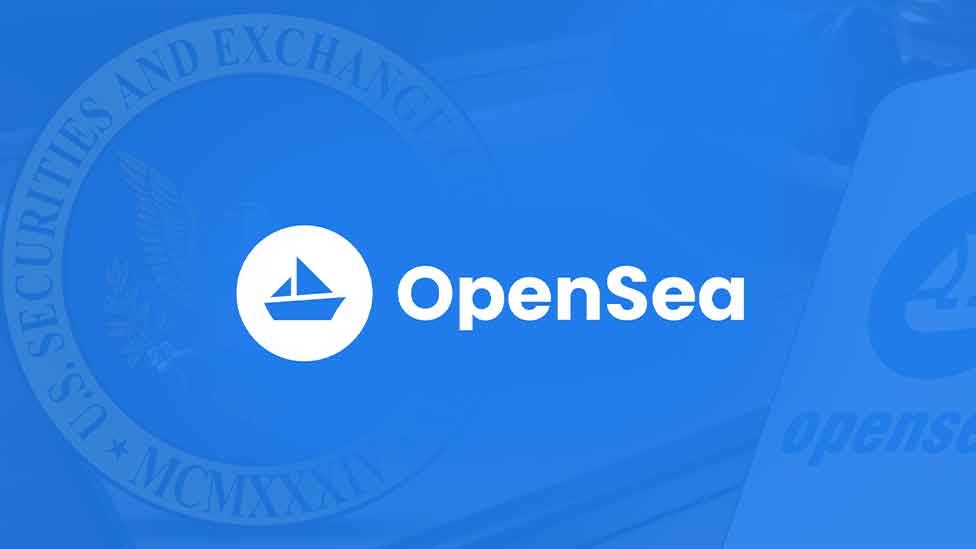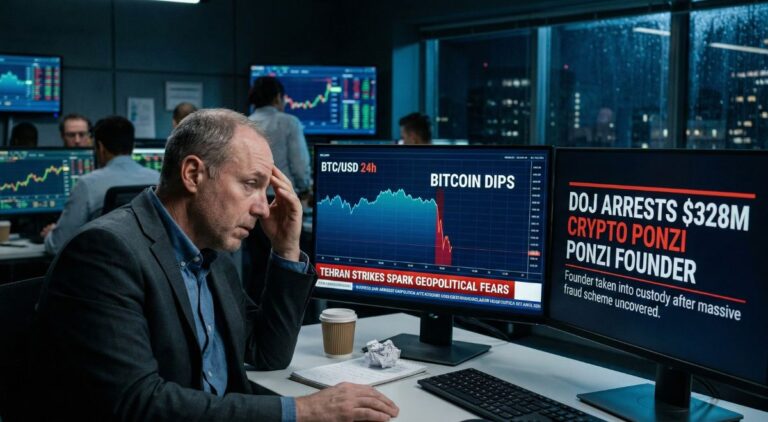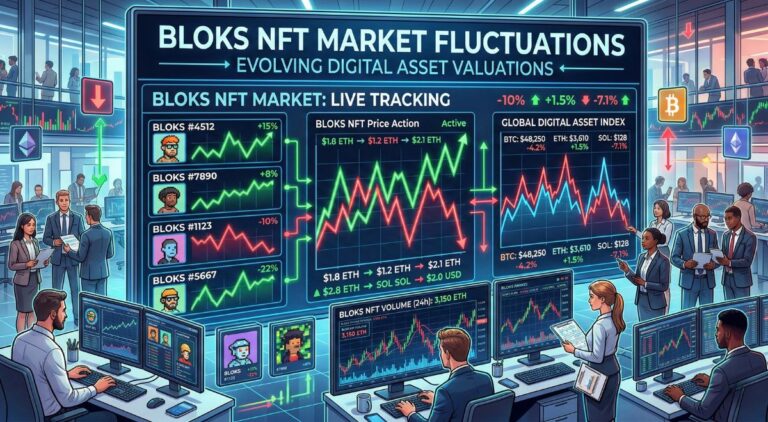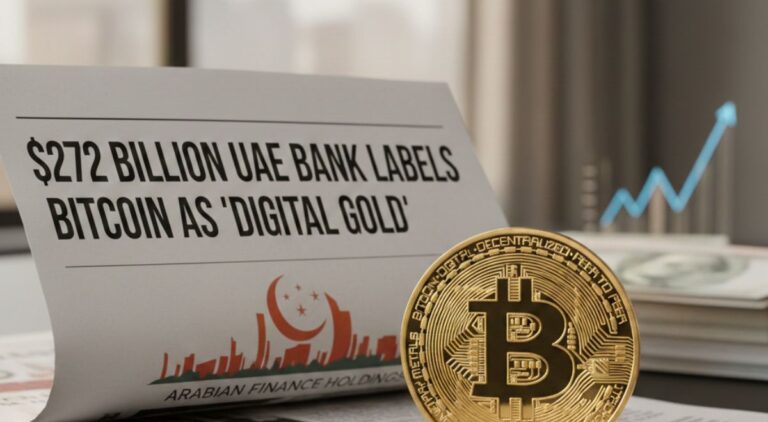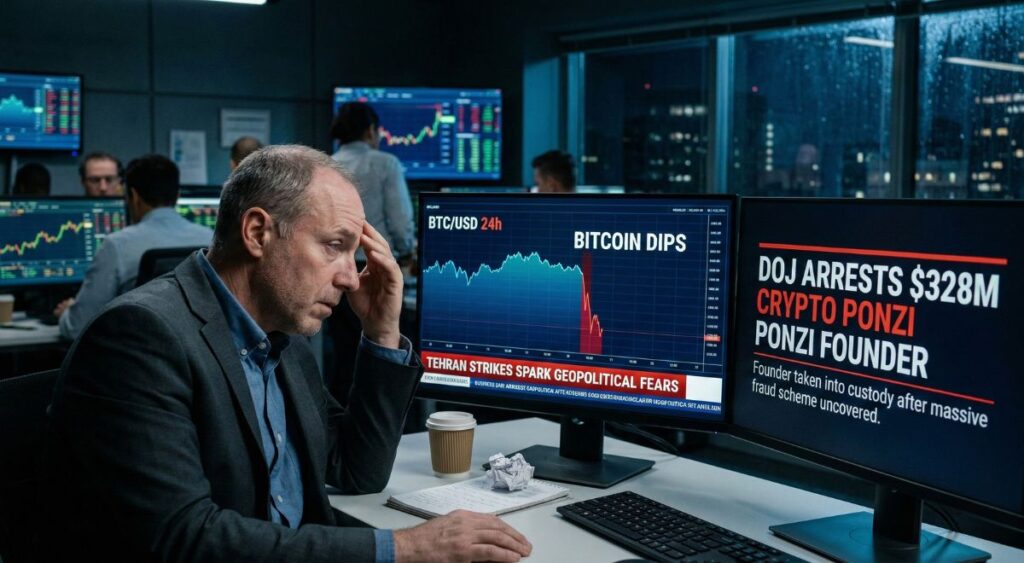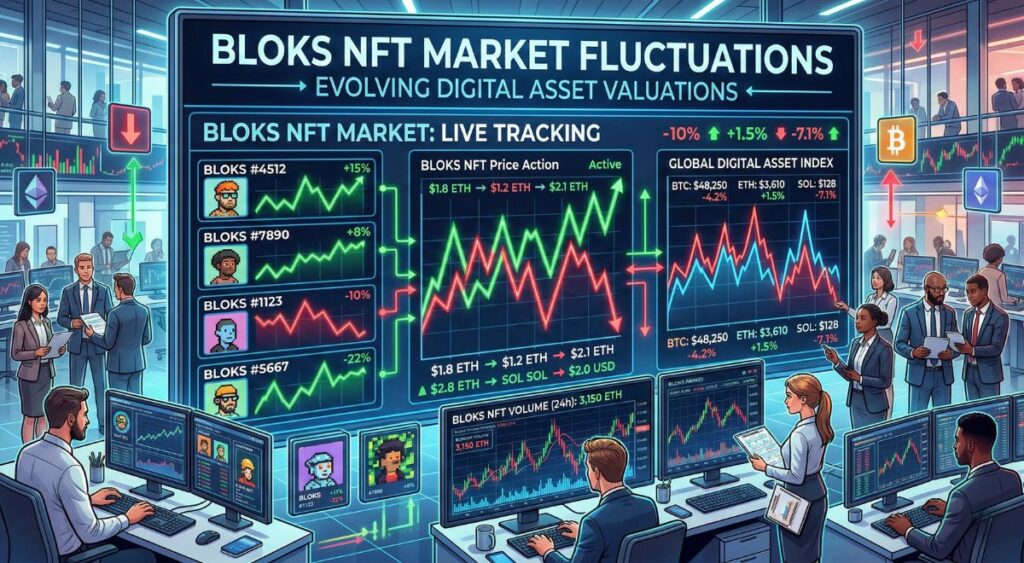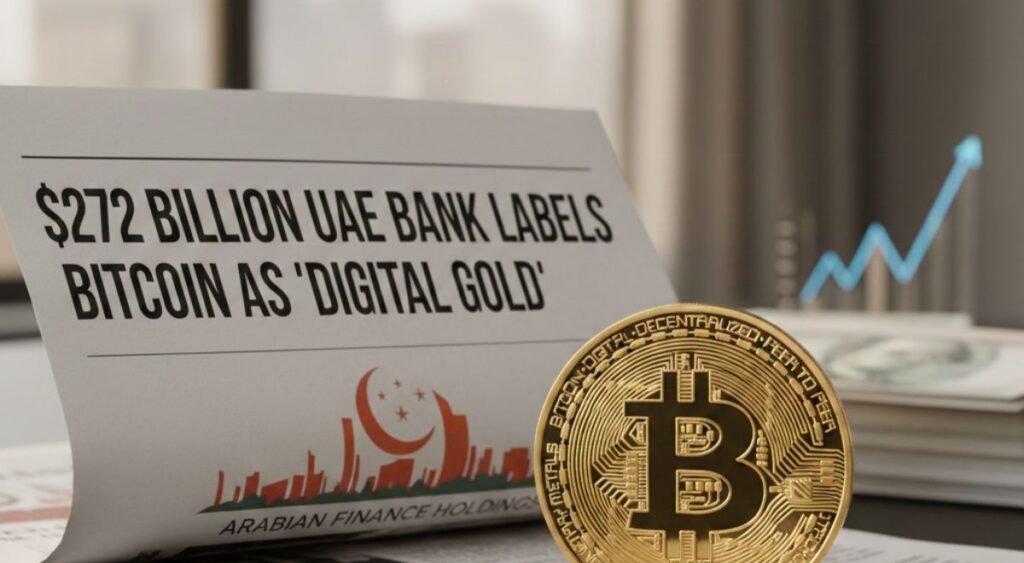Washington, D.C. – Leading NFT marketplace OpenSea has formally requested that the U.S. Securities and Exchange Commission (SEC) clarify that platforms like its own should not be classified as “exchanges” or “brokers” under existing securities laws. The appeal was made in a direct letter to SEC Commissioner Hester Peirce, arguing that NFT marketplaces operate fundamentally differently from traditional securities trading platforms.
NFT Marketplaces ≠ Securities Exchanges, OpenSea Argues
Additionally, OpenSea resisted being categorized as a broker, emphasizing that it does not execute deals, hold assets on behalf of consumers, or offer investing advice. Rather than serving as a financial middleman, it compared its function to that of a user interface provider, allowing NFT browsing and listing.
“Displaying trending listings is not equivalent to offering investment recommendations or arranging transactions,” OpenSea said, using court rulings to compare its business practices to wallet providers and data aggregators. The business further distanced itself from conventional brokerage services by restating that users maintain complete control over their wallets.
Smart Contracts, Not Intermediaries, Drive NFT Transactions
A key part of OpenSea’s argument hinges on the decentralized nature of NFT trading. The company clarified that all transactions occur directly between users via blockchain smart contracts—not through OpenSea itself.
“Our platform does not execute trades; it merely provides the tools for users to connect and transact independently,” the letter explained. By this logic, OpenSea asserts that it does not meet the technical definition of a securities exchange under SEC rules.
Rejecting the ‘Broker’ Designation
OpenSea also pushed back against any potential classification as a broker, stressing that it does not provide investment advice, execute trades, or hold assets on behalf of users. Instead, it likened its role to that of a user interface provider, enabling NFT browsing and listing without acting as a financial intermediary.
Citing legal precedents, OpenSea compared its operations to wallet providers and data aggregators, stating: “Displaying trending listings is not equivalent to offering investment recommendations or arranging transactions.” The company reiterated that users retain full control of their wallets, further distancing itself from traditional brokerage functions.
Call for Regulatory Clarity
To resolve ongoing uncertainty, OpenSea urged the SEC to issue informal guidance—such as a staff bulletin or interpretive release—clarifying how securities laws, including Rule 3b-16 (which defines exchanges), apply to NFT platforms.
“Clear regulatory communication would allow innovators to build with confidence, free from the threat of abrupt enforcement actions,” OpenSea wrote. The company argued that such clarity would foster a more stable market environment for creators and collectors alike.
Background: SEC Scrutiny and Withdrawn Wells Notice
The motion comes after the SEC issued a Wells notice in 2024, warning OpenSea of possible enforcement action. In February 2025, however, the government ceased its inquiry, in line with federal initiatives to lessen regulatory pressure on the cryptocurrency industry.
OpenSea’s petition underscores the industry’s broader need for customized regulations that define NFTs apart from traditional securities as the SEC continues to hone its approach to digital assets.

